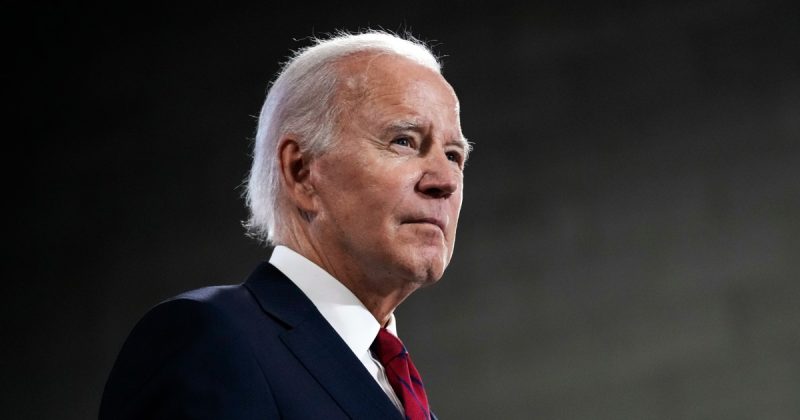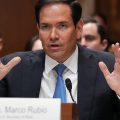
President Biden’s recent prostate cancer diagnosis has raised questions about the frequency of his screenings and the timeline of his illness. A spokesperson for the former president revealed that his last known PSA test, a common screening method for prostate cancer, was conducted in 2014. This means there was a significant gap of over a decade before his recent diagnosis. The spokesperson further clarified that prior to last week, President Biden had never received a prostate cancer diagnosis.
This revelation has understandably led to scrutiny regarding the progression of the disease. The PSA test, while useful, is known for a high rate of false positives, and the U.S. Preventive Services Task Force doesn’t recommend it for men over 70 due to the increased likelihood of death from other causes. Given President Biden’s age (82), this context is important to consider. The fact that he hadn’t been screened for prostate cancer in over a decade, however, is noteworthy.
In contrast, President Trump, at 78 years old, reportedly underwent a PSA screening as recently as this year. This highlights the varying approaches to preventative healthcare among older men, even at the highest levels of government. The differing screening practices underscore the ongoing debate about optimal prostate cancer screening guidelines and the complexities of detecting this disease.
Since the announcement of President Biden’s diagnosis, there has been discussion about the potential for undetected growth or delayed diagnosis during his time in office. While an advanced diagnosis of prostate cancer like President Biden’s is rare, it’s not unheard of. Medical experts have offered a range of opinions, some suggesting the cancer likely progressed slowly over many years, while others acknowledge the possibility of faster, more aggressive development in rare cases. This emphasizes the unpredictability of the disease and the importance of regular checkups regardless of age.
Ultimately, President Biden’s experience underscores the need for open and informed discussions about prostate cancer screening, its limitations, and the need for personalized healthcare strategies. The fact that even a former president could have a significant gap in screenings before an advanced diagnosis highlights the importance of regular medical checkups and staying informed about preventative care.










